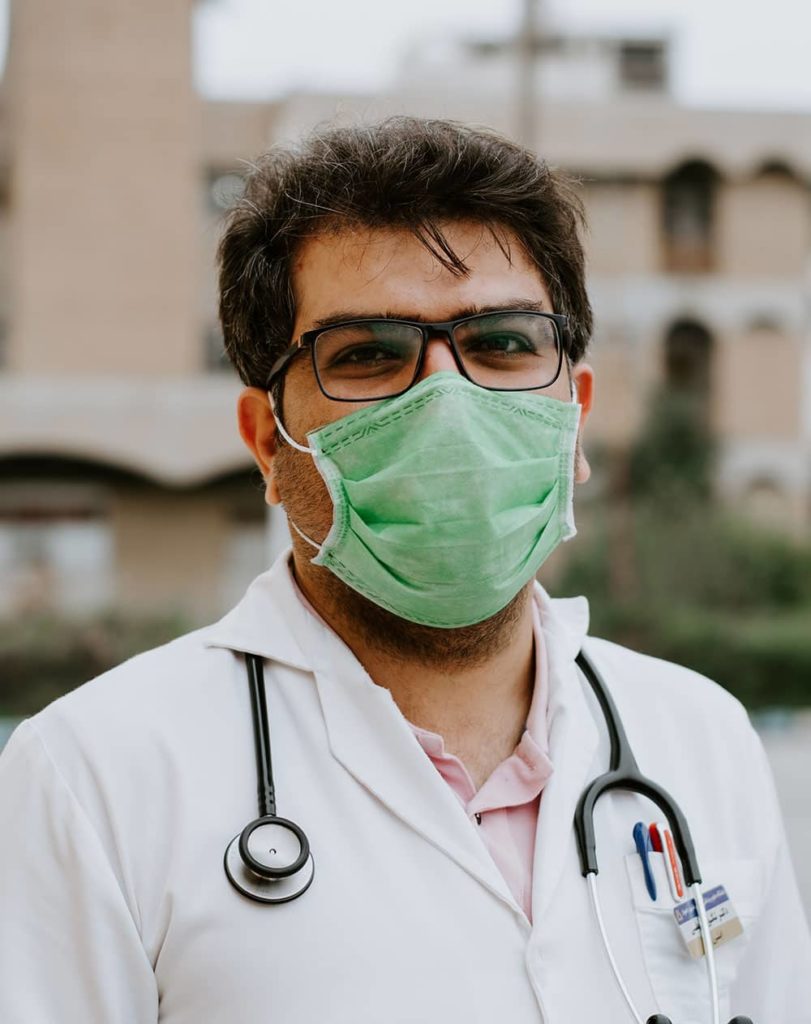March 30th is National Doctor’s Day
The day that we take a moment to reflect on the dedication and commitment that individuals make to provide care to us throughout our lives. Hospice doctors work with people who have reached the end of life’s journey. This last year, more than ever, we appreciate the sacrifices our doctors make.
Hospice Care
- A Hospice and Palliative Care physician is someone who works with people who have serious conditions. They help to alleviate their symptoms such as pain, shortness of breath, and other problematic issues.
- The Attending physician is usually, but not always, the doctor with whom you’ve had a relationship prior to entering hospice.
- Hospice Medical Directors are a key part a hospice team. In discussion and agreement with your attending physician, they provide the initial terminal prognosis. They also help to develop your plan of care. The Medical Directors do face-to-face visits with patients to ensure they’re comfortable.
Doctors Recommend Hospice for End-of-Life Care

Doctors in all fields have a lot of respect for the work that hospice provides. A study was done by the Department of Medicine at the Universities of Chicago, Nebraska, Trent Bioethics, and Duke.
According to their survey of 2,016 US physicians, they overwhelmingly endorse hospice as the better option for most patients at the end of life.[1]Their conclusion: “US physicians overwhelmingly believe hospice is the best form of care for most patients at the end of life.”
Ninety-eight percent of physicians agreed that hospice provides better care at the end of life than the patient would receive without hospice. Ninety-two percent encouraged at least 1 patient to consider hospice in the previous 12 months. [2]
Hospice is about Quality of Life
Research has shown that patients and families who use hospice services report a higher quality of life than those who don’t. Care focused on comfort and quality may allow patients to live both better and perhaps a little longer. [3]Hospice care offers many helpful services, including medical care, counseling, and respite care.
Using hospice can also be valuable to the health of the caregiver. Family caregivers are affected by their loved one’s health more than they realize. Taking care of a sick person causes fatigue, stress, depression, and anxiety. Using the respite care provided by hospice will help alleviate some of this toll.
A Hospice doctor takes an exceptional kind of person. This is someone who has taken on the task of ministering to the terminally ill, easing patients’ pain and suffering at their most vulnerable time of life.
Footnotes
1-Prochaska MT, Putman MS, Tak HJ, Yoon JD, Curlin FA. US Physicians Overwhelmingly Endorse Hospice as the Better Option for Most Patients at the End of Life. American Journal of Hospice and Palliative Medicine®. 2017;34(6):556-558. doi:10.1177/1049909116636344
2-See above.
3-Connor SR, Pyenson B, Fitch K, Spence C, Iwasaki K. Comparing hospice and nonhospice patient survival among patients who die within a three-year window. J Pain Symptom Manage. 2007;33(3):238-246.
